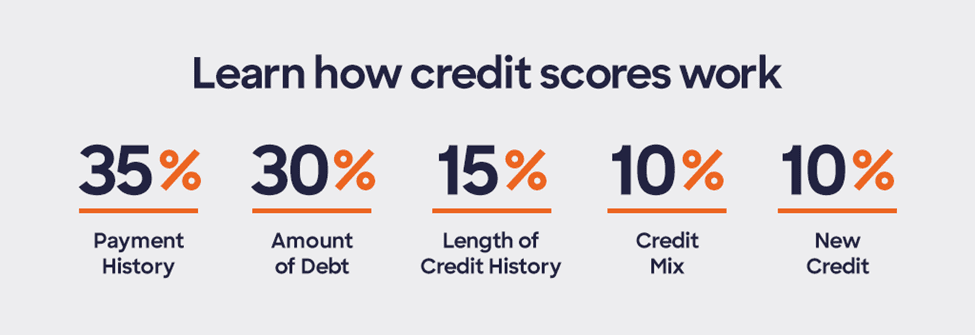Your credit score is a small number that may have a major impact on your financial life. The minimum credit score is 300, and the maximum credit score is 850. But the average credit score falls somewhere in between. To make scores simpler for lenders and borrowers alike, scoring agencies categorize them into credit score ranges. Your credit score range may influence everything from the apartment you rent to the interest rate on your credit card.
When you understand your credit score range, you can make informed decisions about your spending, borrowing, and saving practices.
You can also take proactive steps to stay on top of your credit score, paving the way for a more secure financial future.








